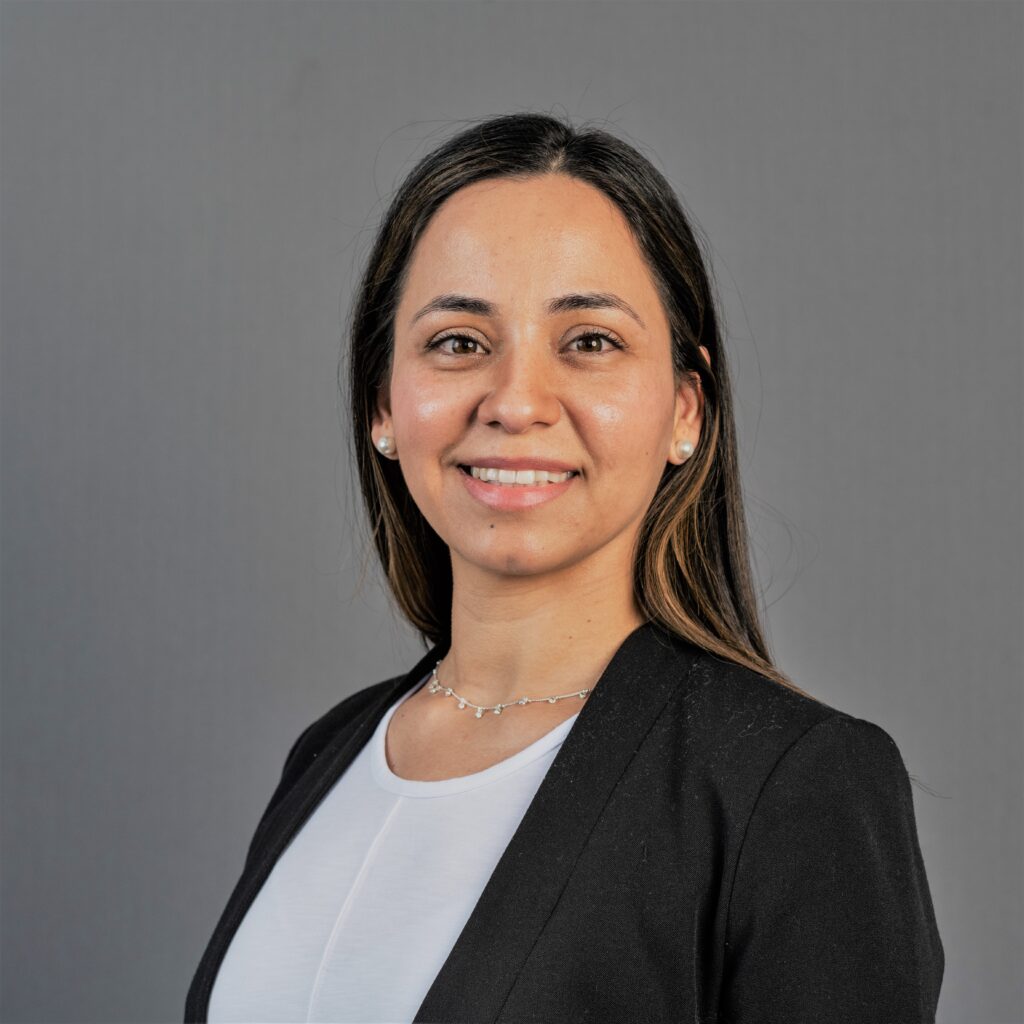Your cart is currently empty!
FASD NPN Spotlight: American Academy of Pediatrics (AAP)
Starting this month and throughout the year, FASD United is excited to spotlight each of the CDC’s National Partner Network organizations. This initiative will delve into the influential work and individuals shaping the FASD community on a broader scale. The National Partner Network (NPN) is a collaborative coalition of organizations dedicated to advancing key goals, including reducing prenatal alcohol exposure and substance use, enhancing support services and access to care, and improving the identification and health of children and families affected by FASDs (CDC, 2023). As a proud participant in this collaborative effort from 2022 to 2026, we are excited to contribute to public education on FASD and prenatal substance exposure alongside these exceptional partners.

Rosa Arvizu (She/Her) Program Manager, FASD Program
American Academy of Pediatrics
In March, we begin with the American Academy of Pediatrics (AAP), and their FASD Program Manager, Rosa Arvizu, who is most proud of AAP’s mission to improve health outcomes for people across their lifespan. She says, “Pediatricians have a positive influence across a diverse range of topics and communities. They help our children grow and overcome sickness, disabilities, and other barriers that can be hard for families to manage without the appropriate supports.” As we know, pediatricians can play a vital role in the caretaking and diagnosis of children, so AAP’s mission is crucial. With their expertise in child development and healthcare, pediatricians are often the frontline healthcare providers who may encounter early signs and symptoms related to FASD.
Rosa explains the importance of pediatricians being FASD-informed and the responsibilities of her role that help move the FASD community forward. “My work in the FASD program is to manage services targeting pediatricians that will increase FASD awareness, expand capacity for appropriate identification of children with FASDs, and build partnerships that will enhance accessibility and usability of available resources on FASDs.” Through comprehensive assessments, monitoring, and collaboration with multidisciplinary teams, informed pediatricians contribute to improved outcomes and improving quality of life for children with FASD.
The AAP has tools that can help the FASD community, Rosa notes, like “The AAP FASD Toolkit has extensive training and information about all aspects of managing FASDs. While the toolkit targets pediatricians, I encourage everyone (from all different backgrounds) to explore the toolkit including videos, podcasts, a virtual course, and printable one-pagers. The AAP FASD Toolkit is constantly updated with learning elements developed by pediatricians and subject matter experts.” The toolkit includes an interactive quiz that tests your knowledge about prenatal alcohol exposure and FASDs and can be taken here. Excitingly too, FASD United and AAP have collaborated and continue to collaborate on other materials for the community at large.
In addition to these, the AAP “has a cohesive, multidisciplinary FASD Champions Network consisting of general or primary care pediatricians as well as subspecialists, such as developmental behavioral, neonatology, neurology, and psychiatry dedicated to mitigating prenatal alcohol and other substance exposures and providing FASD-related services.” This dedicated group of champions assists in broadening the FASD Toolkit, organizing webinars, and creating resources available within the organization today. The network embodies giving FASD a seat at the table, as unique sectors of health come together to improve outcomes for people living with FASD.
The NPN provides a space for communication, building bridges, and sharing resources. “The National Partnership Network is an amazing group to connect with and share valuable resources around prenatal alcohol exposure and FASDs. When the groups come together, it is rewarding to hear how we target different sectors, learn different strategies in education, and see how collective efforts can multiply in reach to increase prenatal alcohol exposure and FASD awareness,” Rosa asserts.
FASD United is dedicated to creating a more just, FASD-informed world while promoting collaboration across different entities. It is our pleasure to highlight CDC partner organizations that share this goal.
*This project is supported by the Centers for Disease Control and Prevention of the U.S. Department of Health and Human Services (HHS) as part of a financial assistance award funded by CDC/HHS. The contents are those of the author(s) and do not necessarily represent the official views of, nor an endorsement, by CDC/HHS, or the U.S. Government.
